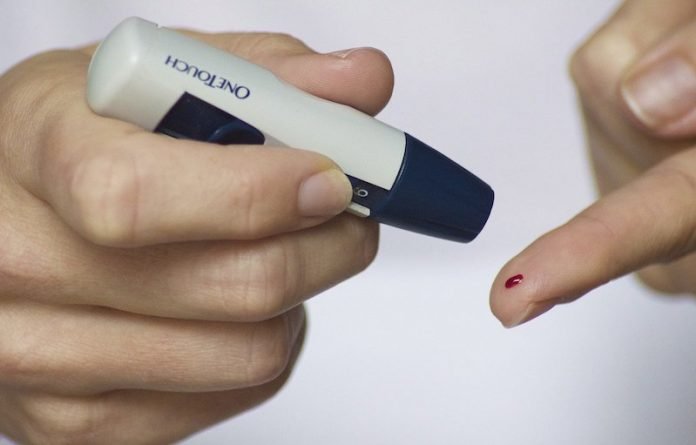
In a study from Pennington Biomedical Research Center, scientists found in patients with type 2 diabetes, big swings in blood sugar levels between doctors’ visits are associated with an increased risk of heart disease.
The American Diabetes Association recommends adults with diabetes maintain an A1c, the average blood sugar level over the past two to three months, of less than 7 percent to reduce complications from diabetes, such as heart disease.
However, studies have shown that wide swings in blood sugar levels may be a better predictor of diabetic complications than the A1c reading at any single doctor’s office visit.
The study looked at more than 29,000 patients with type 2 diabetes over a two-year period.
The team says the underlying mechanism for the relationship between wide variations in blood sugar levels between doctor’s appointments and high risk of heart disease in patients with type 2 diabetes is unclear
It’s possible that episodes of severely low blood sugar may be the connection.
Research has shown that wide variations in blood sugar levels are associated with poor health outcomes and even death.
A 2017 Johns Hopkins study found that one-third of people with diabetes hospitalized for a severe low blood sugar episode died within three years of the incident.
The researchers recommend that patients and their doctors implement therapies that can reduce wide swings in blood sugar levels and the associated episodes of severe low blood sugar.
The findings suggest that measuring the swings in blood hemoglobin A1c levels over a specific time—six months to a year, for example—could serve as a supplemental blood sugar target.
If you care about blood sugar, please read studies about drink that could help control diabetes, lower blood sugar, and this high-protein plant may help improve blood sugar.
For more information about blood sugar, please see recent studies about a way to reverse high blood sugar and muscle loss, and results showing this common fruit may help reduce your blood sugar.
The study was conducted by Gang Hu et al and published in Diabetes, Obesity & Metabolism.
Copyright © 2022 Knowridge Science Report. All rights reserved.



